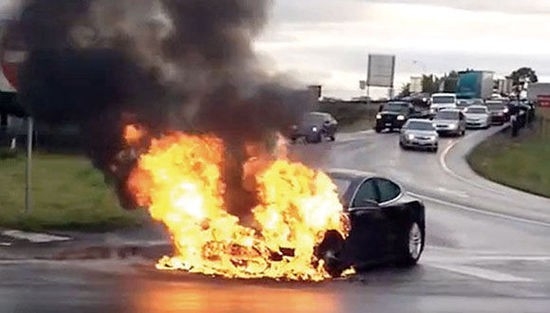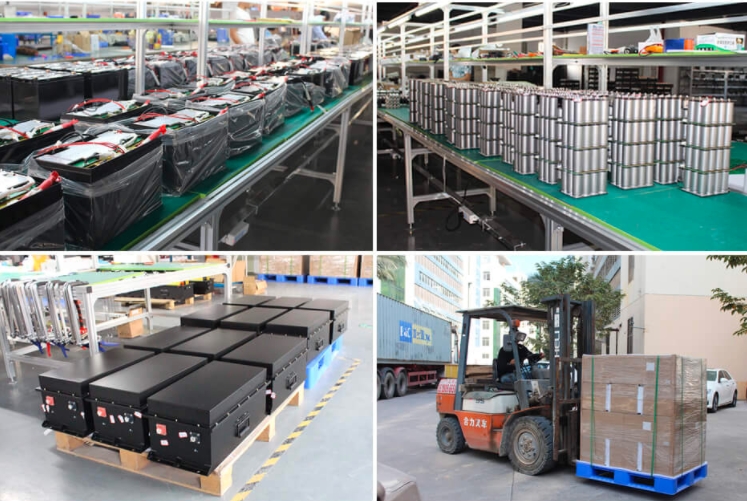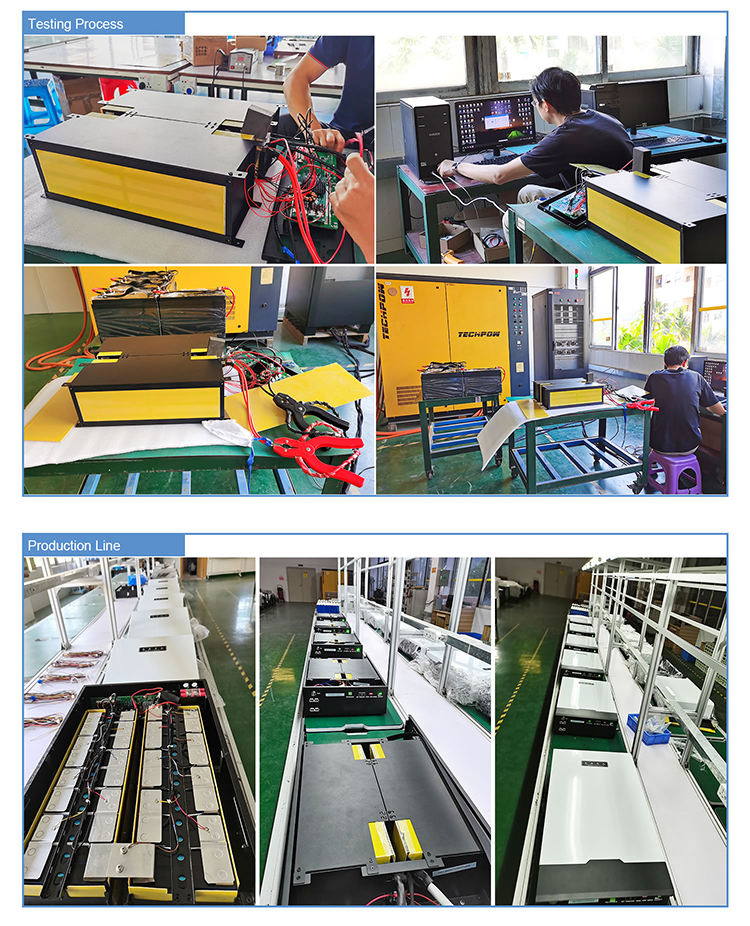- 23
- Nov
How to prevent vehicle lithium battery from catching fire?
How to Prevent fires

Lithium battery test kit lithium battery fire test kit
Lithium battery firepower builds strategic depth of multiple defenses. In addition to using non-combustible or non-combustible data as far as possible in the battery battery has a substantial safety performance, the first line of defense outside the battery is to prevent a variety of causes causing battery overheating and fire, such as overload, short circuit, collision, and so on, which is about the safety planning of the power system.
When the first line of defense is breached (for example, the battery management system fails to cut off the charging power supply in time) and the battery temperature rises, the temperature sensor or the monitoring system of gas and smoke detector should find the fault and alarm in time, urge the staff to deal with the fault in time and eliminate the cause of fire. This is the second line of defense.
When the fault is not handled in a timely manner, the battery cannot be prevented from burning (smouldering) when the second prevention part is damaged. At this point, the firefighting system should confine combustion to the container of the battery case (or casing) in question and isolate adjacent unignited batteries and equipment to prevent the fire from spreading. Because the temperature of lithium battery after thermal control is very high, the existing non-water resuscitation agent such as gas and dry powder can not quickly reduce the temperature of the battery, and the resuscitation effect is not very ideal. Therefore, setting the ignition strategy as controlled burn out is a technical and economical practical method. This is the third defense.
When the fire control fails and the fire spreads, seriously threatening the safety of personnel and property, the fixed water-based resuscitation system in the vehicle or the fire brigade should be activated


